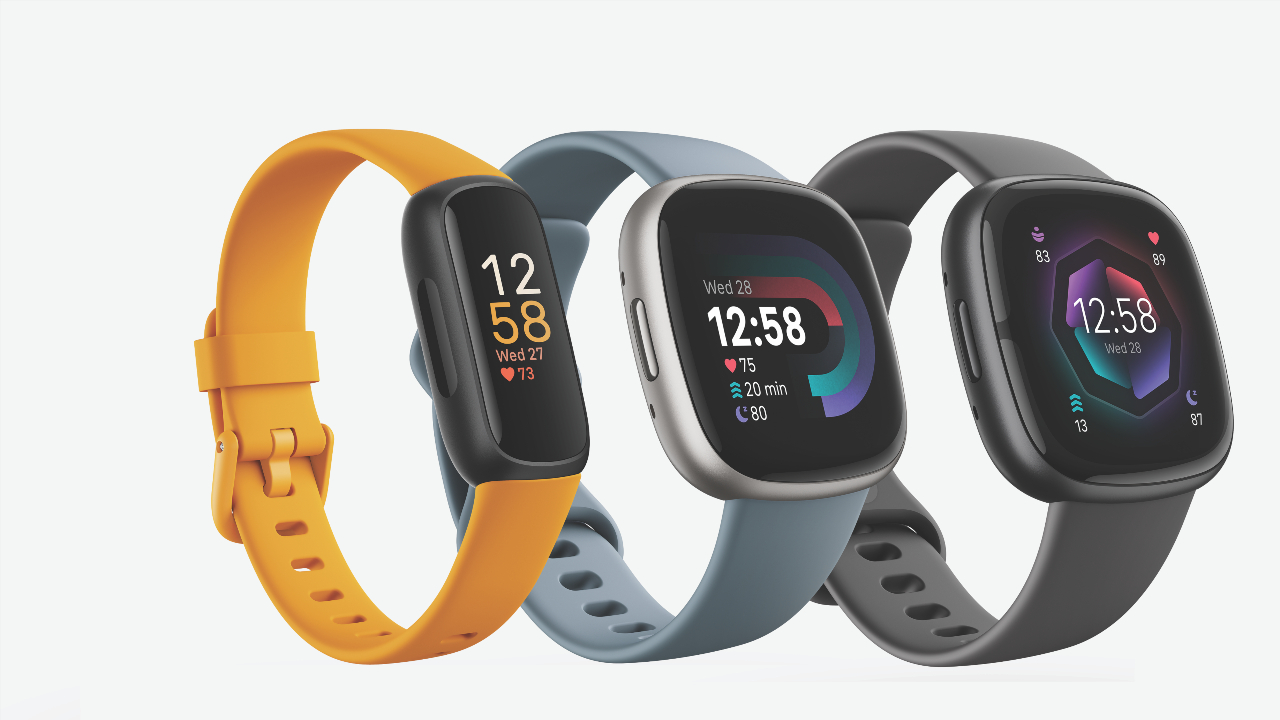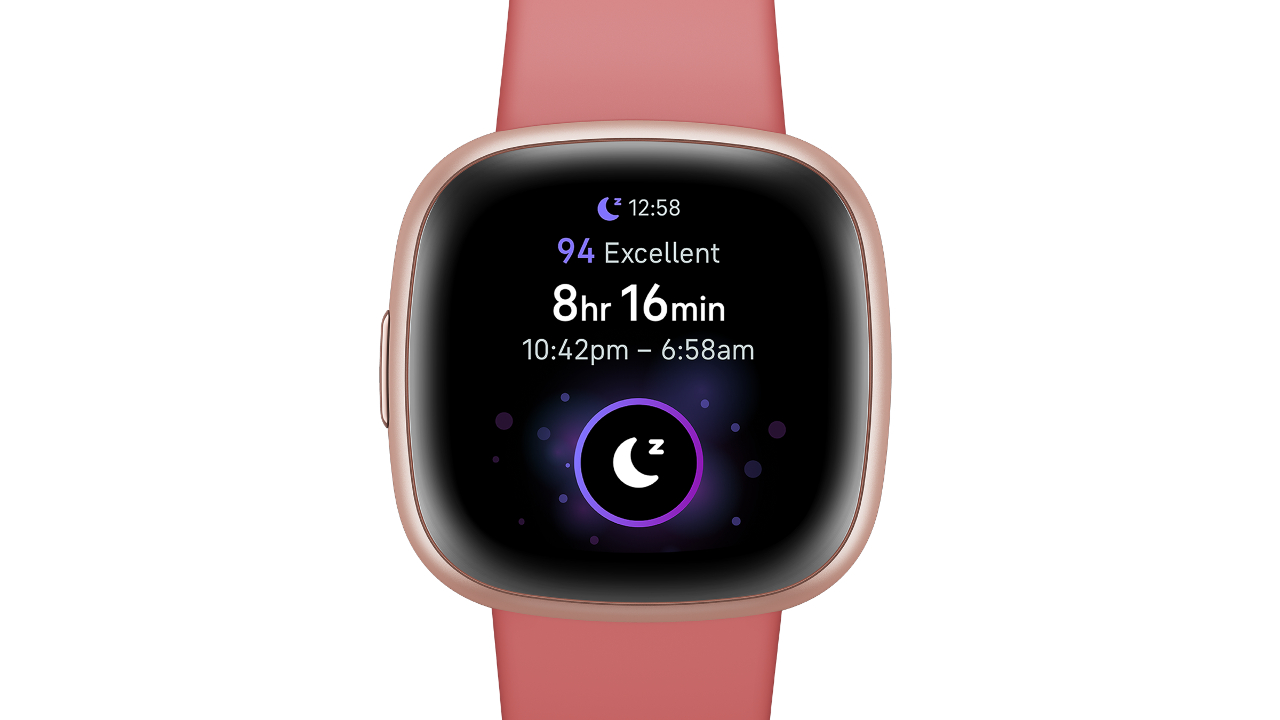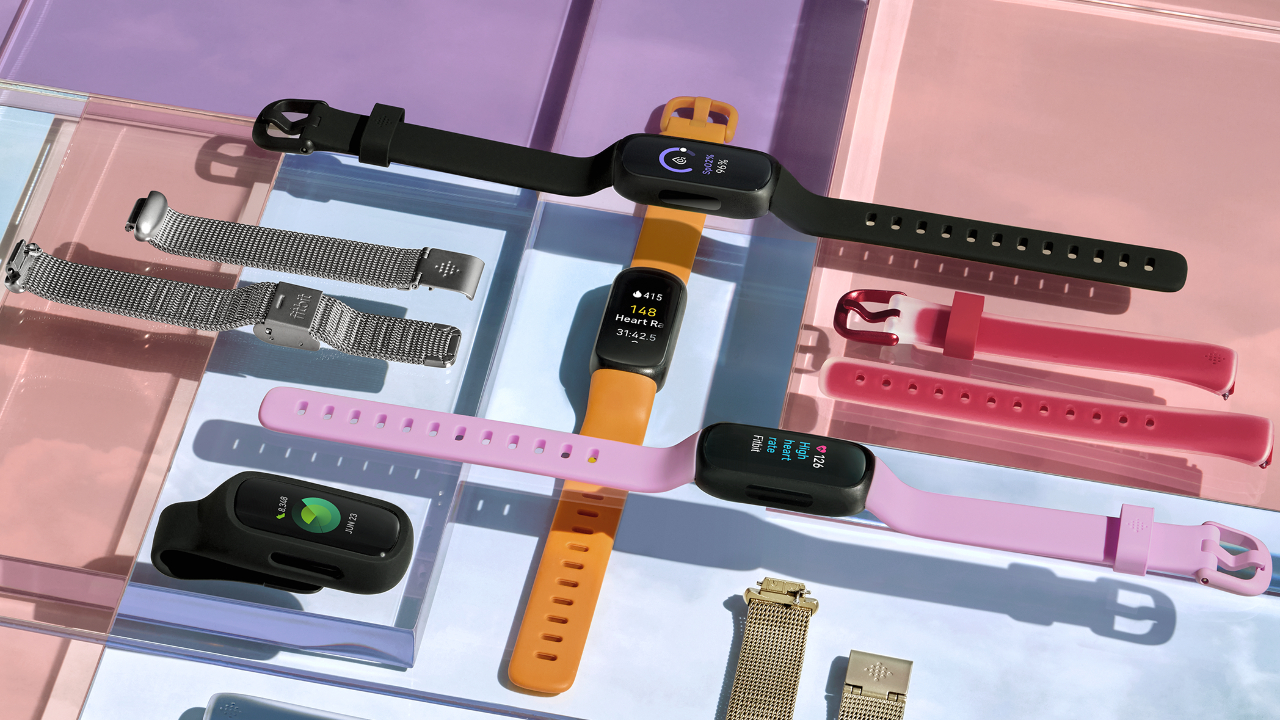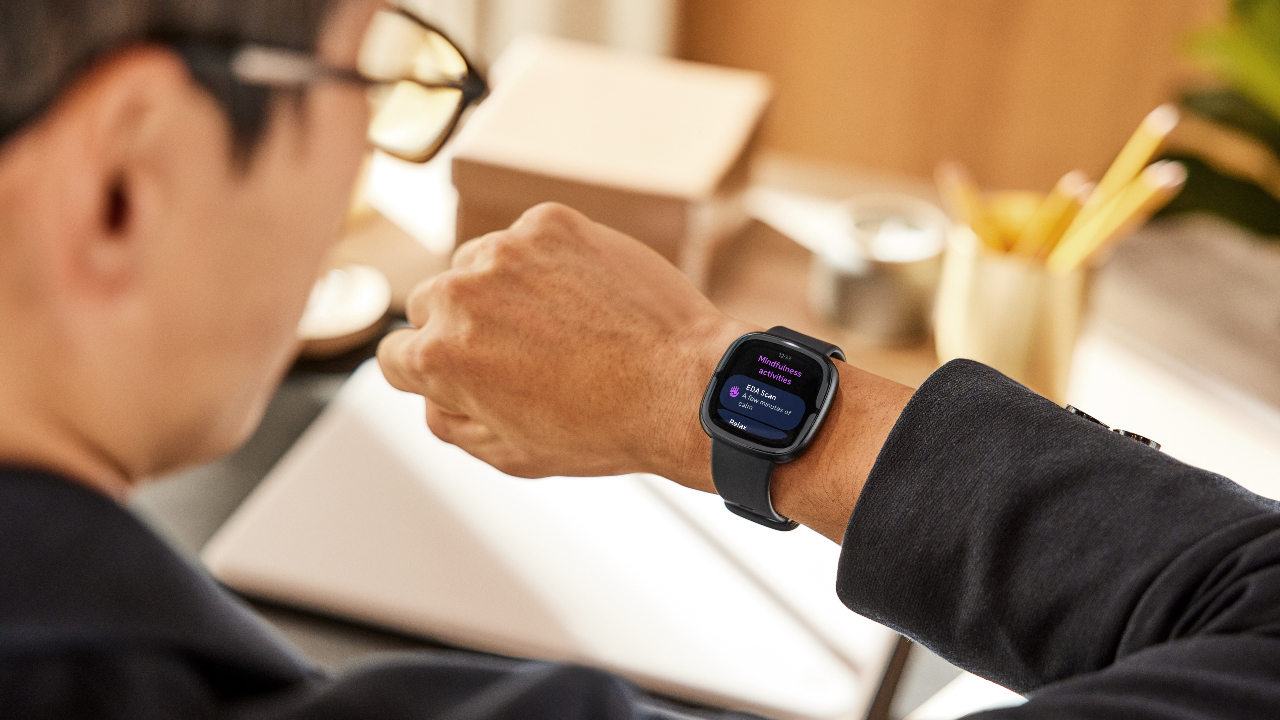Six Things We Like About Fitbit’s Three New Fitness Trackers, And One We Don’t
Fitbit has launched the Sense 2, Versa 4 and Inspire 3 trackers to refresh its line-up

Fitbit has launched updates to three of its most popular trackers: the entry-level Inspire and the Sense and Versa smartwatches. Although the company is now owned by Google, the new smartwatches run Fitbit’s software rather than Wear OS. However, there are still exciting new features across the Sense 2, Versa 4 and Inspire 3 devices, and they’ll certainly offer competition for the best fitness trackers on the market.
All three devices can be ordered on the Fitbit website and come with a six-month Fitbit Premium membership. The Inspire 3 costs $99.95 in the US and £84.99 in the UK, the Versa 4 is $229.95/£199.99 and the Sense 2 is $299.95/£269.99.
We’ll be reviewing the new trackers in detail soon, but for now we’ve picked out the six things that excite us most from the launch – and one thing we were disappointed to see.
Six Things We Like
Buttons are back

Rather than having physical buttons, the Versa 3 and Sense smartwatches had a touch panel on the side – and this was a constant annoyance during our testing of the devices. Our touches often failed to register on the panel, which was frustrating, so we were delighted to see that the Versa 4 and Sense 2 watches have proper buttons. A victory for common sense.
The Sense 2’s new body response sensor
Whereas the Fitbit Sense could take spot checks of your electrodermal activity (EDA), the Sense 2 tracks it throughout the day and uses this metric, along with stats like your heart rate and heart rate variability, to help you recognise your stress triggers. The watch can also help you to create a stress management routine using guided breathing and meditation sessions.
The Inspire 3 now has a colour screen

The bright colour touchscreen on the Inspire 3 is a new addition that makes the entry-level tracker even better value.
Irregular heart rhythm notifications
All three of Fitbit’s new watches can detect an irregular heartbeat, which could be indicative of atrial fibrillation. The watches are CE marked, have FDA approval and will monitor your heart rate when you’re still or sleeping and let you know if anything seems amiss so you can discuss it with your doctor.
Sign up for workout ideas, training advice, reviews of the latest gear and more.
Google Maps and Wallet are coming
Fitbit has opted not to replace its own software with Wear OS on the Versa 4 and Sense 2 smartwatches, but there are useful Google features on the way to the watches in the shape of Google Maps (including turn-by-turn directions) and Google Wallet.
The new trackers are thinner and lighter

All three of the trackers are thinner and lighter than the previous models, which will only serve to make them more comfortable to wear 24/7.
One Thing We Don’t Like
The Inspire’s Fitbit Premium trial is now only six months
In general, we’re not fans of the way Fitbit locks some of the best features on its devices – not to mention some of the data they track about you – behind the Fitbit Premium paywall ($9.99/£7.99 per month or $79.99/£79.99 for a year). It’s good to see that all three of the new watches come with a six-month free trial of Fitbit Premium, but that’s half the length of the free membership trial you got with the Inspire 2.

Nick Harris-Fry is a journalist who has been covering health and fitness since 2015. Nick is an avid runner, covering 70-110km a week, which gives him ample opportunity to test a wide range of running shoes and running gear. He is also the chief tester for fitness trackers and running watches, treadmills and exercise bikes, and workout headphones.
